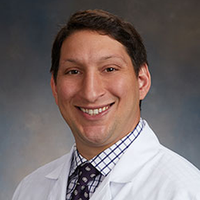Orthopedic Trauma Specialists
When you experience a traumatic musculoskeletal injury, such as a fracture or severe soft tissue damage, the impact on your life can be significant. Not only can the injury itself be painful and debilitating, but the recovery process may also feel overwhelming. Having the right medical team by your side is crucial to ensure a successful outcome.
At Orthopedic Specialists of SW Florida, we understand the complexities involved in treating traumatic injuries. Our board-certified trauma surgeons have undergone extensive, specialized training in the management of complex fractures and other severe musculoskeletal injuries. Our team’s expertise allows us to provide comprehensive, individualized care, ensuring that every aspect of your injury is addressed.
Why Specialized Trauma Care Matters
Traumatic injuries, especially those involving the bones, joints, and soft tissues, require precise treatment to avoid long-term complications. A mismanaged injury can lead to chronic pain, loss of function, and even permanent disability. Our trauma specialists at OSSWF have the skills and experience necessary to not only treat the injury but also to help patients regain mobility, strength, and independence.





